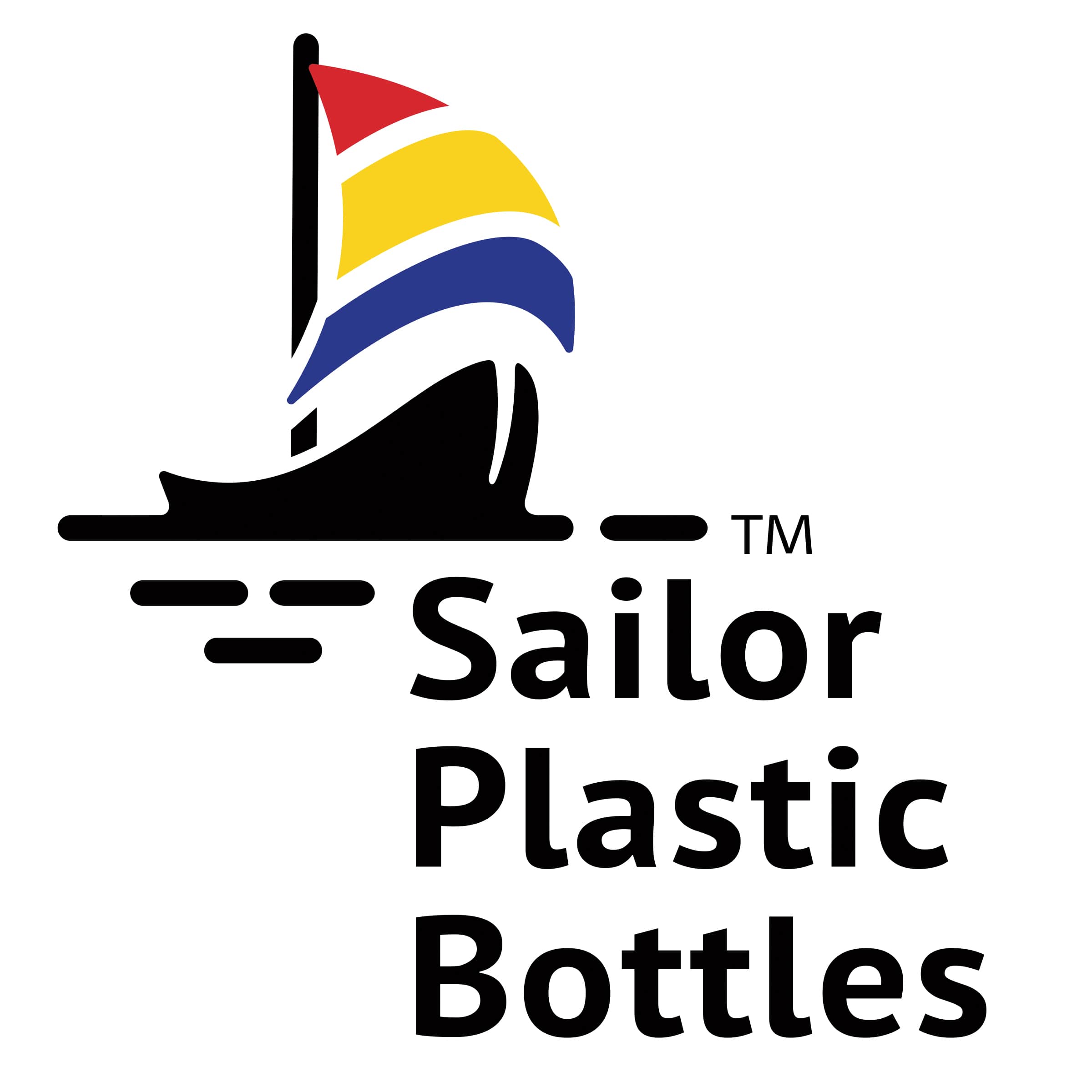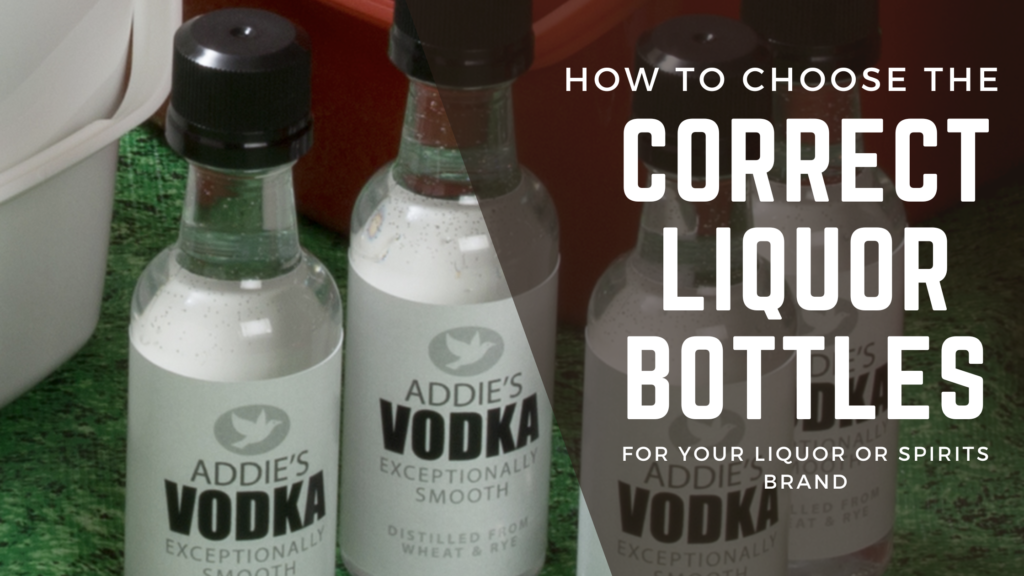How to Choose The Correct Liquor Bottles for Your Liquor or Spirits Brand
Selecting the material for liquor bottles is one of the most crucial decisions distillers have to make. Ensuring these bottles can withstand aging, storing, and transportation is essential.
Thanks to their sleek appearance and permeability, glass bottles are commonly chosen. Although, utilizing plastic bottles for spirits has increased in popularity over the last few years. It is a more versatile and cost-effective option. Let's review the differences between packaging spirits in glass versus plastic bottles.
We hope that you can make a more conscious decision on how to select the most suitable bottles for your liquor brand and if you have any questions our packaging experts are ready to help.
Different Liquor Bottle Packaging Options
When it comes down to it you have two choices...
Glass Bottles
Most alcoholic beverages, particularly premium-shelf spirits, are packaged in glass bottles. It is popular amongst liquor producers and distilleries to use glass containers since the material is known to accommodate extended shelf lives. They also tend to look sleeker than plastic varieties, with many brands incorporating unique designs on their bottles. Glass bottles are easily dropped and broken during shipping, stocking, and customer transportation.
Plastic Liquor Bottles
Many distillers across the nation are shifting toward plastic for containing liquor. Plastic bottles are significantly more durable than glassware, making spirits shattering during transport avoidable. The material is also highly beneficial for packaging miniature and handheld bottles since they are often consumed more rapidly. It is relatively more affordable to package smaller-sized spirits using plastic.
So, what is the verdict? Are glass or plastic bottles better suited for packaging liquor?
There is not a "Right" answer to this question!
Distillers may use either glass or plastic bottles to contain their alcoholic spirits successfully. The primary differences between each material are their appearance and permeability.
Glass bottles boast an unlimited shelf life compared to plastic varieties, even if the material is more susceptible to breakage. Harmful chemicals or gasses may enter the beverage over time since plastic bottles often only last for approximately two years. Thus, glass is likely the optimal choice for aged spirits or other drinks intended for long-term consumption, such as single malt scotch or red wine.
On the other hand, plastic bottles are a more cost-effective and durable alternative to glassware. It is an excellent option for spirits that one expects to be consumed quickly, making it a popular choice for storing house or well liquors. Bars across the nation go through bottles of these low-cost spirits rapidly each week.
While plastic bottles may not seem ideal for aged or top-shelf spirits, they work exceptionally well for containing miniature versions. This option also saves distillers and producers a bit of money compared to packaging each size using expensive glassware.
Therefore, utilizing plastic instead of glass bottles for certain alcoholic beverages may prove beneficial based on your brand’s individual needs.
How Sailor Plastic Bottles Can Help
The Sailor Plastic Bottles team is passionate about supplying customers with high-quality and environmentally conscious PET plastic containers. We offer various shapes and sizes to accommodate a myriad of industries, including alcoholic beverage production.
Our 50ml miniature liquor bottles are essential for packaging smaller versions of your most popular spirits. These bottles come in three colors: amber, transparent, and opaque white. The amber-shaded bottles work as perfectly disguised as “potions” for festive Halloween parties. They also come in handy for making your alcohol-based favors for weddings, birthdays, and other special events.

